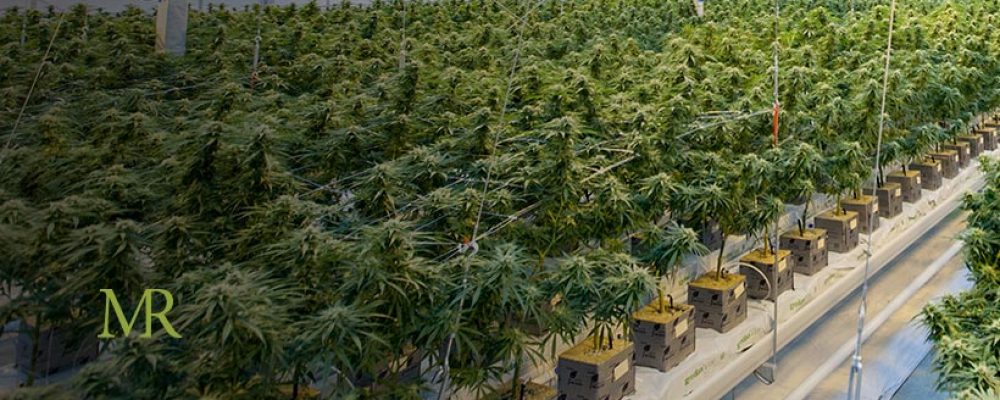Though marijuana legalization continues to spread across the US at the state level, there has been little progress on implementing standardized cannabis manufacturing rules and regulations to ensure product safety and quality.
This is because of marijuana’s federally illegal status, which means federal agencies like the Food and Drug Administration (FDA) and the Drug Enforcement Administration (DEA) are not in a position to provide oversight to state-legal cannabis markets.
This means cannabis product manufacturers (cultivators and processors) and state officials have largely been left to their own devices when it comes to industry rules. The result is a patchwork of inconsistent regulations and standards concerning the manufacturing, packaging, labeling, distribution and sustainability of cannabis products.
In practice, most of the current state-level regulations in place operate in a reactive manner – marijuana products are tested for quality and safety in a laboratory at the end of the manufacturing process.
While laboratory testing is important for product quality control, it’s only one piece of the puzzle. Unsafe or low quality products may still slip through the net even if they pass a laboratory test, and this could prove to be disastrous for a small marijuana business owner.
This lack of uniformity and emphasis on final-stage, reactive testing poses not only a risk to cannabis product quality, but also to consumer health.
Most industry regulators that are responsible for issuing business licenses and monitoring quality and safety compliance recommend a more holistic approach under what’s known as Good Manufacturing Practices (GMP).
These guidelines establish the basic requirements a manufacturer must fulfil to ensure the quality and safety of a product, which then in turn become the industry standard.
So, rather than just testing a product to see if it meets specified safety and quality criteria, GMP is a system for ensuring products are consistently produced according to certain quality standards and regulatory guidelines.
GMP is proactive, not reactive.
Each step of the manufacturing process entails risks that can compromise the quality of the end product. Under GMP, quality is understood as built into the product at each stage of the production process, so each stage must be analyzed.
GMP, therefore, would consider all aspects pertaining to cannabis manufacturing including materials, equipment, storage, training, hygiene, record keeping, and the state of the premises.
GMP not only helps ensure consumer health and safety, it also protects the manufacturer. By making the manufacturers’ responsibilities clear, the manufacturer is better able to defend its production processes from complaints if it can prove it follows GMP. Established GMP also deters unscrupulous manufacturers from flooding the market with unsafe, poor quality products, which reduces competition and boosts the overall integrity of the industry.
Implementing GMP in some form is not currently required or recommended in the cannabis industry but marijuana manufacturers don’t need to wait for the FDA before acting. With the prospect of federal marijuana legalization on the horizon, GMP is likely to play a role in the cannabis industry in the not-too-distant future.
So, with the FDA poised to play a bigger role with regards to marijuana regulations in years to come, it’s a good idea for cannabis manufacturers to stay ahead of the game and adopt GMP standards in order to stay competitive long-term.


